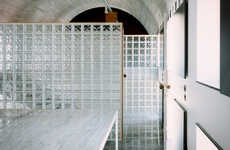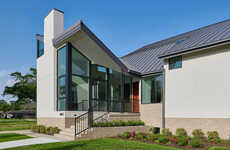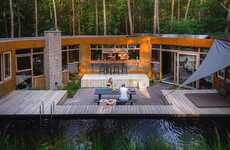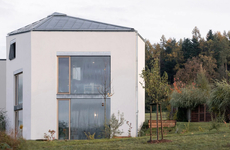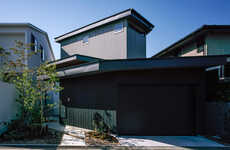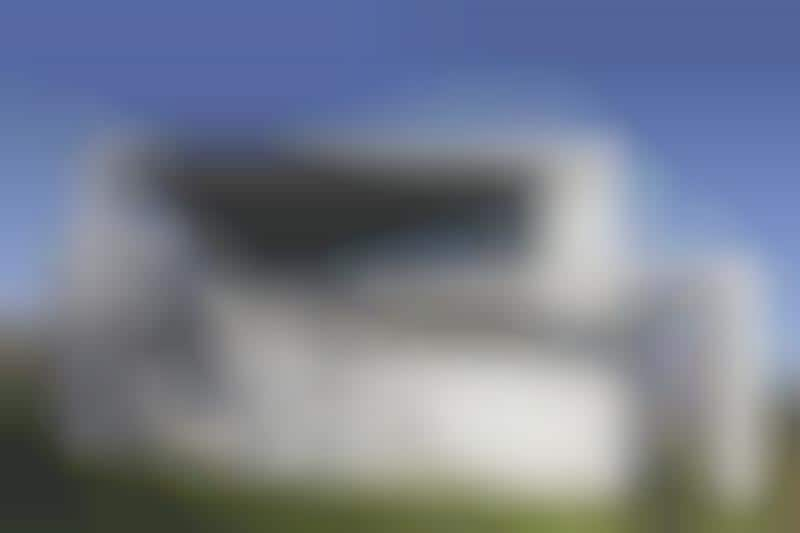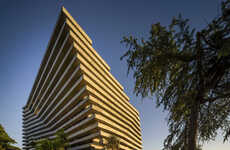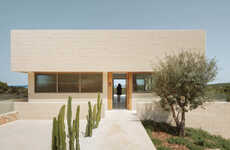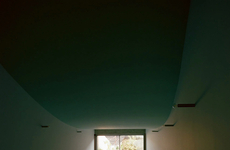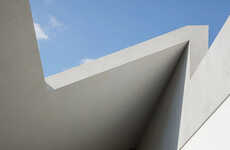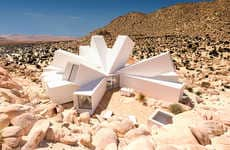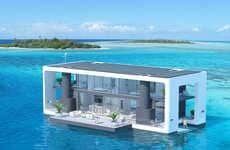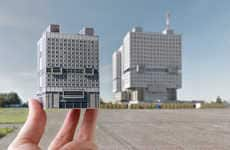
House QM is Built with an MC Escher-esque Displacement
Joey Haar — February 24, 2017 — Art & Design
House QM, a family home in Gistel, Belgium, looks like an architecturally realized version of one of MC Escher's paradoxical illustrations. The home has a unique, angular displacement that gives one the impression of a twisted rectangular column — an impression very intentionally fostered by the studio behind the project, Office O Architects.
Though visually captivating, House QM's Escher-esque design has a practical purpose. Because of strict zoning laws in Gistel that require houses' walls to be within five meters of their plots' edges, most of the family houses in the area tend to look nearly identical. Office O Architects created their twisted structure to adhere to those zoning laws while still looking visually unique and offering the residents alternate views of the landscape compared to all the other abodes.
Though visually captivating, House QM's Escher-esque design has a practical purpose. Because of strict zoning laws in Gistel that require houses' walls to be within five meters of their plots' edges, most of the family houses in the area tend to look nearly identical. Office O Architects created their twisted structure to adhere to those zoning laws while still looking visually unique and offering the residents alternate views of the landscape compared to all the other abodes.
Trend Themes
1. Twisted Architecture - The trend towards creating architecture that presents a new perspective and is visually captivating while meeting zoning laws.
2. Displacement in Housing - The trend towards creating homes that stand out in crowded urban areas through unique and angular displacement.
3. Zoning-compliant Design - The trend towards designing structures that work around strict zoning laws while still presenting a visually distinct and unique look.
Industry Implications
1. Architecture - Architecture firms can innovate by creating unique and visually captivating designs even within limited spaces that meet zoning laws.
2. Real Estate Development - Real estate developers can capitalize on the trend of designing unique and visually striking living spaces that provide an alternative to standard homes.
3. City Planning and Regulation - City planning and regulation firms can innovate by developing more flexible zoning laws that encourage creative and visually unique architectural designs.
3.7
Score
Popularity
Activity
Freshness

